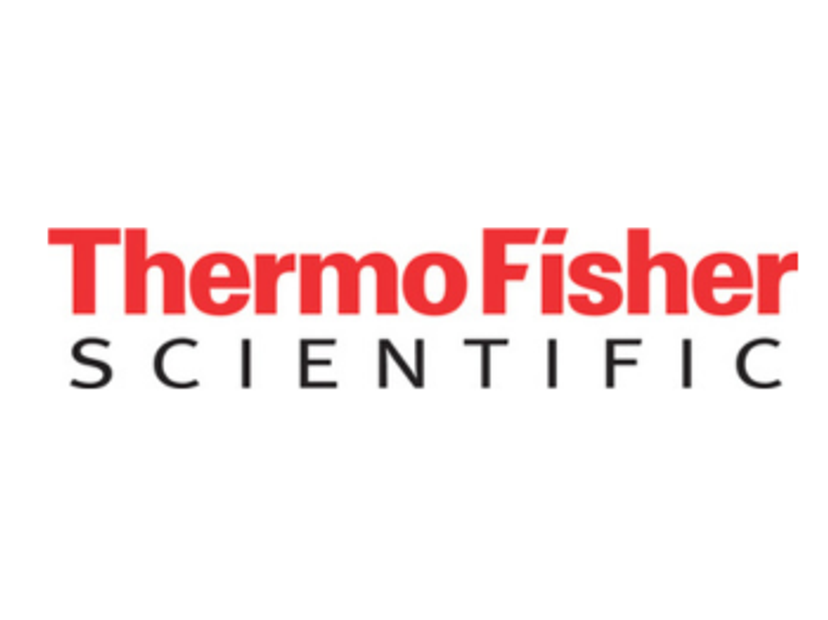Thermo Fisher Scientific showcases cutting-edge solutions for enhanced omics and proteomics applications at ASMS 2025
New analytical instruments and innovative software to drive breakthroughs in biopharmaceutical discovery, translational omics and safer water quality
3 Jun 2025
To help customers advance scientific discovery, Thermo Fisher Scientific has unveiled state-of-the-art solutions at the annual American Society for Mass Spectrometry (ASMS) Conference on Mass Spectrometry and Allied Topics, held in Baltimore, USA. These next-generation instruments and software offerings represent a paradigm shift in analytical performance – designed to reveal complex biological processes and critical insights into disease mechanisms that can transform multiomics, biopharma, environmental and food safety research.
Complementing MS technology with solutions for enhanced omics and proteomics applications
The Thermo Scientific™ OptiSpray™ technology will empower omics researchers of all experience levels to generate reliable, high-quality LC-MS data with ease and expedite critical discoveries.
The OptiSpray technology physically connects liquid chromatography (LC) to mass spectrometry (MS) in an automated, easy-to-use system. By reducing the need for manual adjustment, the accessory not only saves valuable time but also dramatically simplifies the acquisition of reproducible data across columns, instruments, and different end-users.
OptiSpray ion source and cartridge-based nano and capillary columns are compatible with our leading portfolio of Thermo Scientific™ Orbitrap™ and Thermo Scientific™ Stellar™ mass spectrometers as well as the Thermo Scientific™ Vanquish™ Neo UHPLC System, increasing ease-of-use for MS-based proteomics applications.
ASMS attendees can also experience Olink’s innovative Proximity Extension Assay (PEA) technology and the Olink Insight software platform, which deliver exceptional specificity and sensitivity for low-abundance proteins. These offerings work side-by-side with mass spectrometry methods to increase proteome coverage for biomarker discovery and validation.
Olink and mass spectrometry-based proteomics form a powerful complement for the analysis of human samples such as plasma, enabling researchers to dig deeper into the causes, effects and treatments of disease.
Building a connected, secure software ecosystem for modern labs
As laboratories work to boost productivity and efficiency, the demand has never been greater for software that seamlessly connects data, applications, and instruments. Thermo Fisher has introduced several enhancements to its connected technology offerings to meet the needs of scientists today, providing advanced applications and critical compliance across research settings from life science discovery to improved water quality testing.
- Thermo Scientific™ Chromeleon™ 7.4 software offers the first scalable, networked software platform to fully support targeted, quantitative MS workflows across Thermo Fisher’s instruments, such as the Thermo Scientific Stellar MS. With the ability to control, monitor, and access instruments and data from anywhere, Chromeleon 7.4 software stores all data in a single central location while enabling GMP compliance. New levels of automation and data sharing offer a competitive edge to improve the efficiency, scalability, and reliability of research in biopharma, environmental, and food safety laboratories.
- Thermo Scientific™ Proteome Discoverer™ 3.3 software now supports targeted proteomics data and automated processing of fractions with the Thermo Scientific Ardia™ Platform. The technology streamlines Thermo Scientific™ Tandem Mass Tag™ (TMT™) automation with cutting-edge technologies like TMT HD mode, Adaptive RT routine, and Data Independent Acquisition (DIA) to enable faster and more precise proteomics workflows.
- The Thermo Scientific™ Compound Discoverer™ 3.5 update includes algorithm and detection advancements to improve lipid application support while integrating the advanced Thermo Scientific™ Mass Frontier™ 8.1 software’s algorithm, enhancing in-silico fragmentation prediction. Data export now includes compatibility with Chromeleon software to simplify the transition from discovery to screening for both LC/MS and GC/MS.
Want the latest science news straight to your inbox? Become a SelectScience member for free today>>
